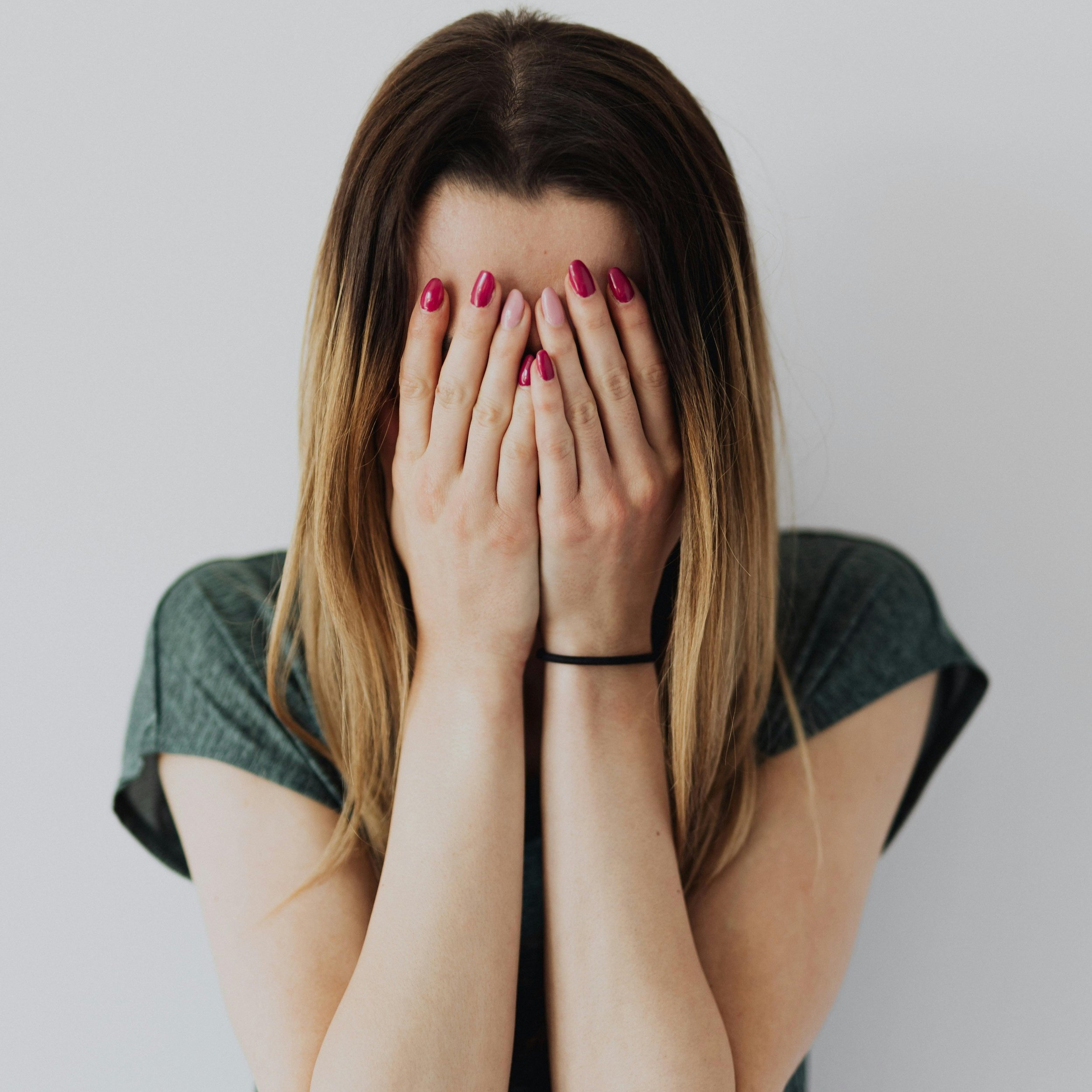Why is Anxiety So Exhausting?
Anxiety has a way of leaving us feeling mentally, emotionally, and physically spent. But why does this persistent unease take such a toll on our energy levels? Let's explore the ways anxiety saps our energy and strategies to combat its exhausting effects.
Physical Exhaustion from Anxiety
Anxiety is not confined to the mind—it saturates every fiber of our body. It often results in physical symptoms, either short of long term. From tense muscles to racing hearts, our bodies go into overdrive, preparing to fight or flee, leaving us feeling drained and depleted. Over days, weeks, months, and years of battling anxiety, our energy is completely gone.
Neurochemical Imbalance Caused By Anxiety
Anxiety triggers the release of stress hormones such as cortisol and adrenaline. These activate the body's fight-or-flight response. Chronic activation of this response can disrupt the balance of chemicals in the brain, leading to fatigue and exhaustion. Prolonged exposure to high levels of cortisol can interfere with the production of serotonin. Healthy serotonin levels help us stave off depression and anxiety. Thus, it makes sense that prolonged stress and anxiety leads to more stress and anxiety.
Hyperarousal of the Nervous System Caused By Anxiety
Anxiety is associated with hyperarousal of the autonomic nervous system, which controls bodily functions like heart rate, digestion, and breathing. This state of arousal can lead to increased heart rate, shallow breathing, and muscle tension. All of these require additional energy and contribute to feelings of fatigue. Over time, we feel totally exhausted even if we haven't been running around.
Anxiety's Impact On Sleep Patterns
Anxiety often disrupts sleep patterns, resulting in poor sleep quality. Constant worry can make it difficult to fall asleep or stay asleep throughout the night. As a result, people with anxiety may experience daytime fatigue and decreased energy due to inadequate rest.
Cognitive Overload From Anxiety
Excessive worry and rumination leads to cognitive overload and mental fatigue. Constantly monitoring for potential threats and catastrophizing future outcomes can consume mental resources and deplete energy. This cognitive exhaustion can impair concentration, memory, and decision-making abilities.
Hypervigilance, Anxiety's Best Friend
Anxiety often involves hypervigilance, a heightened state of alertness and sensitivity to potential threats. It's important to distinguish if the hypervigilance is trauma-based. But if it's not, anxiety can cause you to constantly scan for signs of danger and react to perceived threats. Being on high alert all the time is mentally and emotionally draining. Hypervigilance can lead to exhaustion as the body remains on high alert for extended periods.
Brain, Body, and Social Contributors to Anxiety
Exhaustion from anxiety stems from a complex interplay of neurobiological, physiological, and psychological factors. Understanding these mechanisms can inform targeted interventions aimed at reducing anxiety-related fatigue and restoring energy levels.
Social Withdrawal Due To Anxiety
Anxiety can make social interactions feel daunting. We withdraw, fearing judgment or ridicule, further depleting our social connections. While social connection does take energy, when you have good relationships in your life you actually have more energy. Withdrawing from others is a short term energy conservation strategy that is harmful in the long term.
Mental Drain: Racing Thoughts and Brain Fog
Anxiety is like a storm of thoughts, swirling around in our heads at lightning speed. If you're trying to focus on a task while a chorus of "what ifs" competes for attention, each scenario more dire than the last, you're going to struggle. This cognitive overload leaves us mentally fatigued and struggling to concentrate.
Anxiety’s Emotional Rollercoaster: Waves of Fear and Uncertainty
Emotions ebb and flow for all of us in response to the currents of life. For those dealing with anxiety, these waves can become too big to handle. From the pit of dread in our stomachs to the weight pressing down on our chests, the raw intensity that leaves us reeling. We switch between moments of panic and periods of numbness. Over time, our emotional reserves are depleted by the highs and lows.
Practical Ways To Lower Anxiety
Practice Deep Breathing
Since anxiety often hijacks the autonomic nervous system, there are things you can do to reclaim it. Breathing is the easiest one. Take a moment to focus on your breath. Inhale deeply through your nose, allowing your abdomen to expand, then exhale slowly through your mouth. Repeat this process several times to help calm your nervous system and increase oxygen flow, restoring a sense of calm and controlled energy.
Engage in Physical Activity
We know you're already tired. It might not make sense to encourage you to exert more energy. But research shows that certain kids of exercise can lower anxiety. Most notably, strength-building exercises like weight lifting, pilates, yoga, and other mind-body practices that don’t necessarily get your heart racing are really good for anxiety. Exercise can be a powerful antidote to anxiety-induced fatigue. Whether it's a brisk walk, a yoga session, or a workout at the gym, getting your body moving can release endorphins, reduce muscle tension, and boost energy levels.
Prioritize Sleep
Anxiety often disrupts sleep patterns, leaving you feeling even more drained. Establish a relaxing bedtime routine, create a comfortable sleeping environment, and aim for eight hours of quality sleep each night. Adequate rest is required for replenishing energy levels and managing anxiety.
Practice Mindfulness
Cultivate present-moment awareness through mindfulness techniques. Take time to observe your thoughts and emotions without judgment, focusing on the sensations in your body and the environment around you. Mindfulness can help reduce stress, increase resilience, and restore mental energy.
Connect with Supportive Others
Reach out to trusted friends, family members, or an anxiety therapist for support. Sharing your feelings with others can provide validation, perspective, and emotional support, helping to alleviate feelings of isolation and replenish your energy reserves.
Work With An Anxiety Therapist
Having a neutral expert on anxiety can transform your life. An anxiety therapist can help you learn other ways of thinking, effective coping skills, and identify what's causing the anxiety in the first place. When you know what's causing it, you can holistically address the impact and maybe even eliminate it.
Incorporating these strategies into your daily routine can help replenish energy levels and enhance your ability to cope with anxiety effectively. Remember to prioritize self-care and be patient with yourself as you navigate the challenges of anxiety.
Ready to Find Relief? Work With One of Our Anxiety Therapists In California & Florida
If anxiety is weighing you down, know that support is within reach. Schedule a free consultation with our anxiety therapists to start your journey toward peace of mind. Let's work together to develop strategies and address the root causes of your anxiety. Reach out today to take the first step towards a calmer tomorrow.







